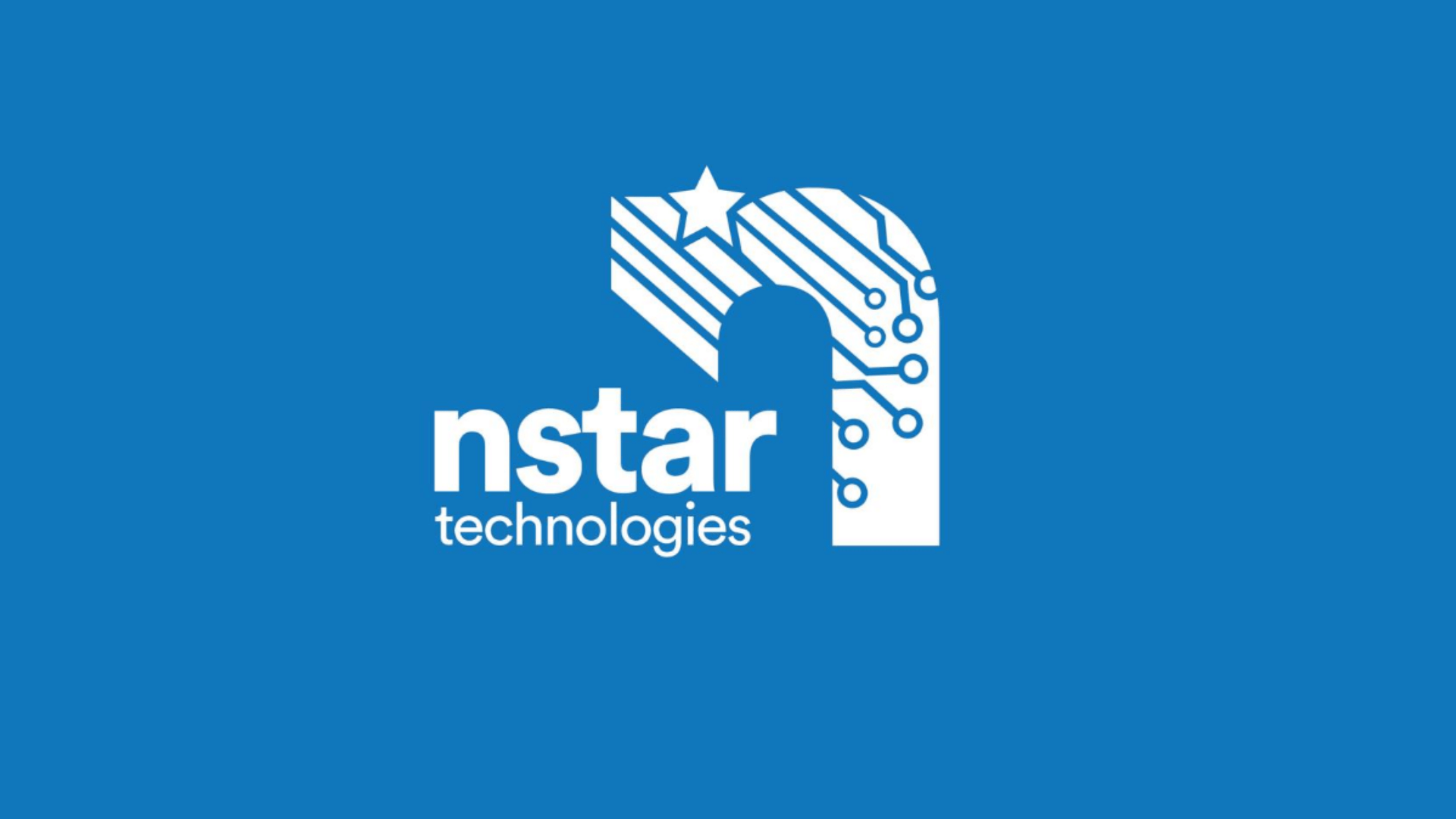
Leveraging NoSQL Databases: A Comprehensive Guide to When and How
By NSTAR Technologies
In today’s dynamic landscape of data management, NoSQL databases have emerged as a game-changing alternative to traditional relational databases. While relational databases excel in structured data scenarios, NoSQL databases offer unmatched flexibility, scalability, and efficiency when dealing with unstructured or semi-structured data. In this article, we embark on a journey to introduce NoSQL databases, uncover their numerous advantages, and explore the specific scenarios where they prove to be a more suitable choice than traditional relational databases.
Understanding NoSQL Databases
At the heart of our exploration is a fundamental understanding of NoSQL databases. We begin by demystifying the acronym “NoSQL,” revealing that it stands for “Not Only SQL.” This distinction lays the groundwork for comprehending the key characteristics that set NoSQL databases apart from their relational counterparts.
Advantages of NoSQL Databases
As we delve deeper, we unravel the manifold advantages offered by NoSQL databases. These include their remarkable flexibility, scalability, and superior performance in certain use cases. We uncover how NoSQL databases efficiently handle vast volumes of unstructured data, enabling organizations to unlock unprecedented potential.
Types of NoSQL Databases
Our journey takes us through the diverse landscape of NoSQL databases, each designed to address specific data challenges. We introduce readers to various types, including document-oriented, key-value, column-family, and graph databases. Real-world examples of popular NoSQL databases in each category, such as MongoDB, Cassandra, Redis, and Neo4j, are showcased to illustrate their versatility.
Scenarios for Using NoSQL Databases
The heart of our exploration lies in understanding the scenarios where NoSQL databases truly shine. We uncover specific use cases that highlight their prowess:
- Big Data and Real-time Analytics: Explore how NoSQL databases excel in handling massive data sets and delivering real-time insights.
- Content Management Systems: Witness how NoSQL databases efficiently store and manage diverse content types.
- IoT (Internet of Things): Delve into the capacity of NoSQL databases to accommodate the immense data streams generated by IoT devices.
- User Profile and Session Management: Witness the rapid data storage and retrieval capabilities of NoSQL databases.
- Graph-Based Data: Unearth the advantages of using graph databases for scenarios like social networks, recommendation engines, and fraud detection.
When to Stick with Relational Databases
While NoSQL databases offer numerous benefits, we acknowledge that they are not a one-size-fits-all solution. We shed light on situations where relational databases may still be the preferred choice, particularly when dealing with structured data, complex queries, and transactions.
Combining Relational and NoSQL Databases
In the spirit of synergy, we discuss hybrid database architectures, where organizations seamlessly combine relational and NoSQL databases to harness the strengths of both. We highlight scenarios where this integration leads to a more comprehensive data strategy.
Case Studies
Real-world case studies put theory into practice, showcasing organizations that have harnessed the power of NoSQL databases to overcome challenges and achieve their strategic goals.
Considerations for NoSQL Adoption
We offer a compass for those considering NoSQL adoption, presenting critical factors to weigh in the decision-making process. We emphasize the importance of evaluating data structure, scalability requirements, and query complexity.
Conclusion
In the grand tapestry of data management, NoSQL databases have revolutionized the way organizations handle data. They bring to the table flexibility and efficiency, offering a dynamic solution for managing unstructured and semi-structured information. As we conclude our journey, we encourage informed choices regarding when and how to deploy NoSQL databases. By doing so, organizations can harness the versatility of these data management systems to drive innovation and success in our data-driven world.
